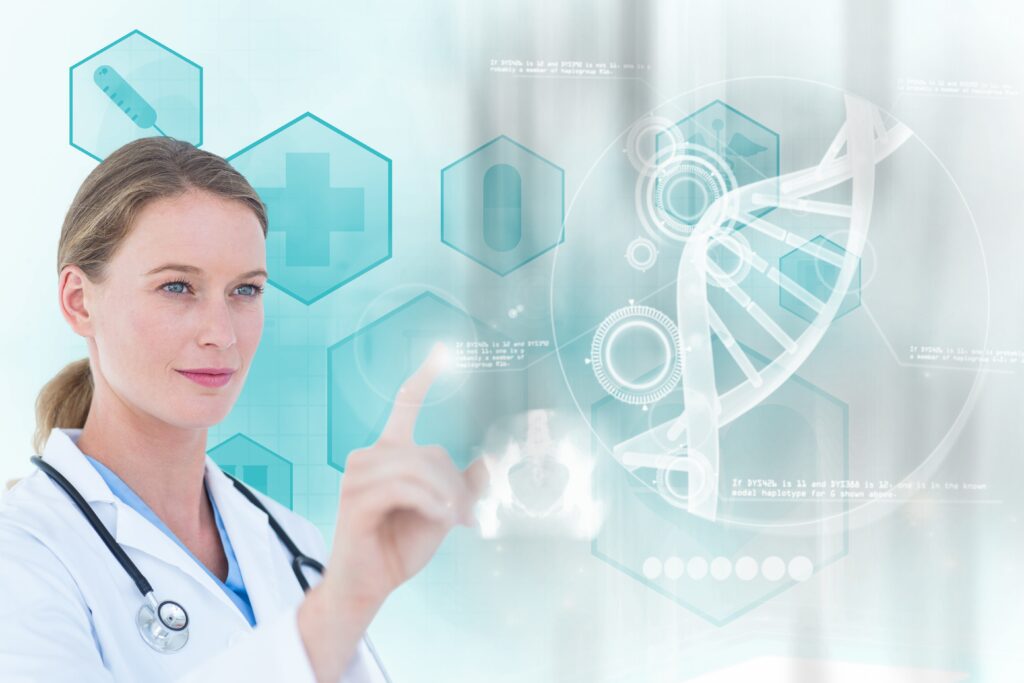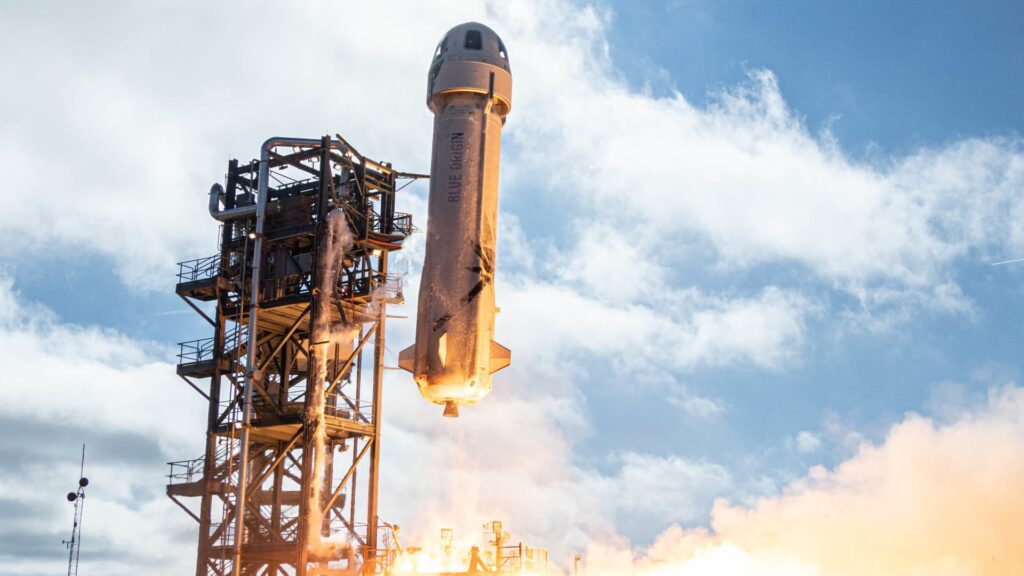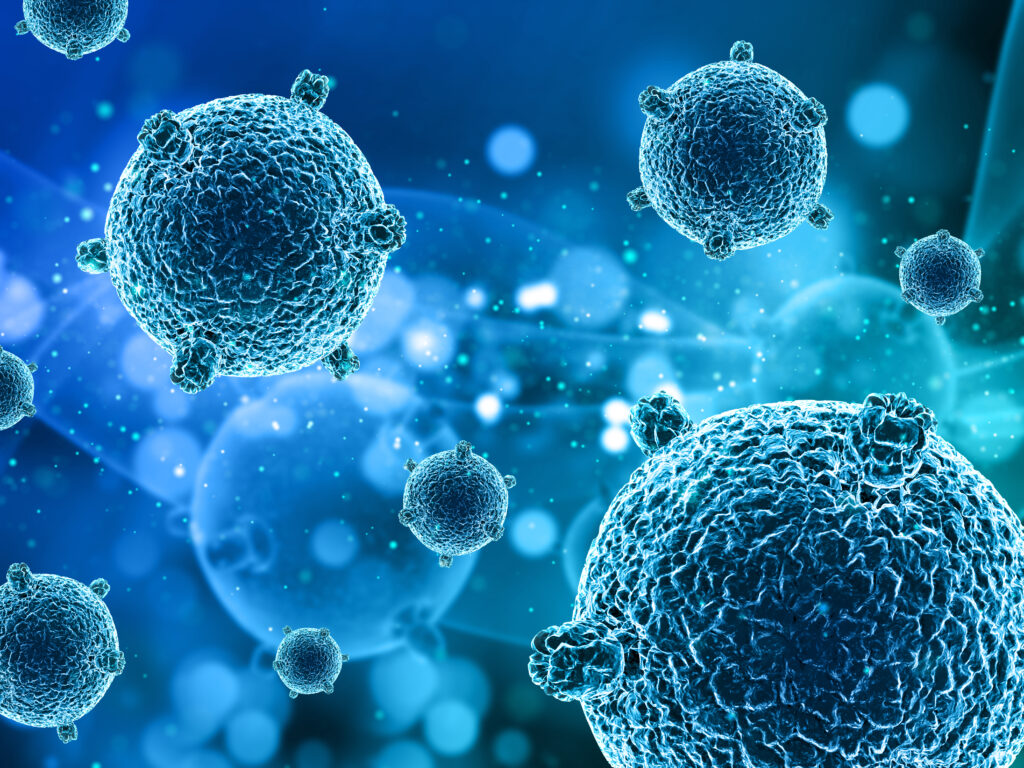The use of prescription drugs has the potential to transform patients’ lives and provide them with the chance to cure a serious illness, making the creation and approval of these drugs essential and urgent. However, over the past ten years, the road to drug approval has become more complex and costly. For those who suffer from an illness with no approved treatment, waiting can be a stressful experience.
This is where Artificial Intelligence (AI) comes into the picture. It can cut down on the time needed to get an accurate diagnosis. It can also streamline the process to identify and develop treatment options for the most devastating diseases. This is only one area of therapeutics where AI could significantly impact.
The Power of Artificial Intelligence in Drug Discovery
AI and machine learning are a part of our daily lives, from Siri to Facial Recognition. But they also save lives by speeding up the development of innovative and more effective disease treatments. AI and machine learning are useful in many applications, from imaging processing to autonomous automobiles. But one aspect that is a part of AI research which has not yet been explored is its use in the healthcare sector and drug discovery.
AI can help make complex drug development processes easier and less costly in the hope of reducing the time required for new treatments to be delivered to patients. The excitement over AI has attracted the interest of the biosciences field to new technology.
In small-molecule drug discovery, AI can enhance the process by providing access to new biology, enhanced or new chemicals, higher success rates, and faster and more cost-effective discovery methods. Many of the issues and limitations that plague traditional R&D can be overcome through the use of technology. Each program provides new insight to teams working on drug discovery, and, under certain conditions, they can transform how they conduct activities. The ability to distinguish between applications is crucial since these techniques apply to a broad range of scenarios for discovery in addition to biological targets.
How is Using AI in The Drug Discovery Market Advantageous?
The huge size of libraries used to evaluate new drugs. However, it’s difficult for individual researchers to go through everything, and that is the reason why AI, as well as machine learning, could greatly benefit.
Artificial Intelligence’s application to drug discovery could transform the timescale and the scope for drug development.
- In developing drugs, AI does not rely on prior-determined goals. Therefore, preconceived notions and biases are not a factor in drug development.
- AI utilizes the latest biology and computer science advancements to design modern drug discovery algorithms. This means that AI can help level the playing field for the development of drugs because of the rapid growth in processing power and the reduction of processing costs.
- AI has superior accuracy in determining important interactions in drug screening. This means that the risk of false positives could be decreased by focusing on the assay’s parameters that are being tested.
- AI can transfer drug screening from a lab bench into a digital laboratory. This allows you to get results more quickly and identify promising targets without large amounts of research input and time for staffing.
These are the possible advantages of the pipeline for drug discovery. However, with the advancement of drug discovery and the decreasing rate of attrition, that will eventually lead to more novel drugs being available to patients more quickly.
For the moment, we’re hindered by the high cost of research. As time passes, as competition grows, prices will decrease and open up new opportunities for discoveries in various fields.
Conclusion
AI is a promising technology that could dramatically improve healthcare by improving disease diagnosis, enhancing treatment plans, and increasing the development of new drugs. Machine learning and AI can help at any stage of discovering drugs. By harnessing the power of AI, medical professionals can offer more precise diagnoses, customize treatments for specific patients, and create new medicines more efficiently.
As AI develops, we are likely to see healthcare becoming more efficient, customized and accessible to patients all over the globe.



